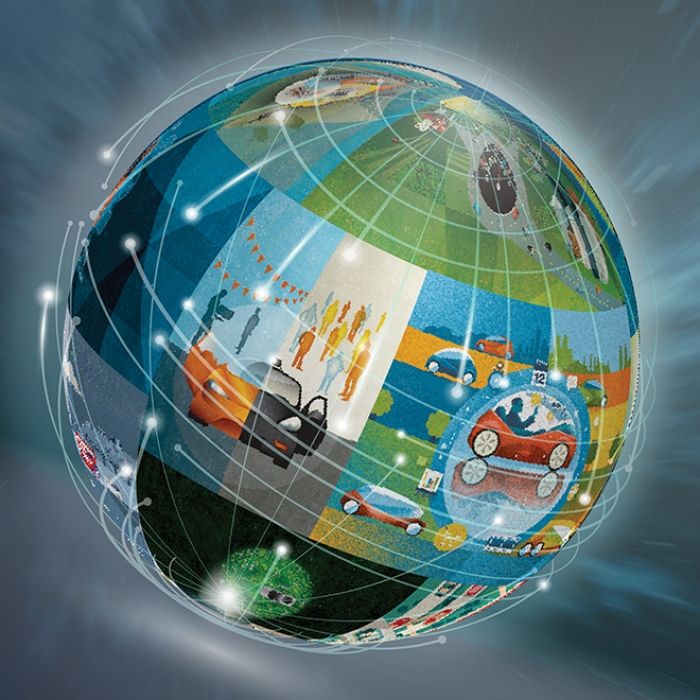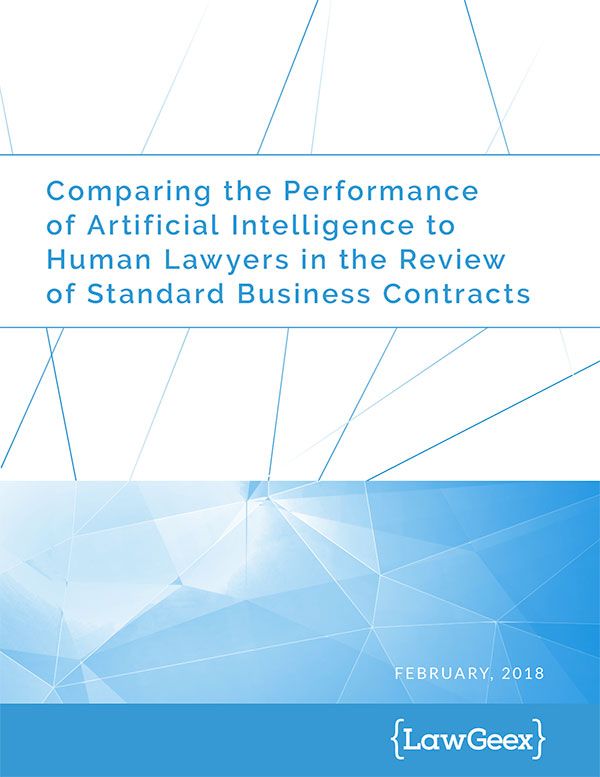
Category: business – Page 269



Geometric clusters of cyclones churn over Jupiter’s poles
What you do on the Internet is nobody’s business but yours. At ProxySite.com, we stand between your web use and anyone who tries to sneak a peek at it. Instead of connecting directly to a website, let us connect to the website and send it back to you, and no one will know where you’ve been. Big Brother (or other, less ominous snoops) won’t be able to look over your shoulder and spy on you to see what you’re reading, watching or saying.

A National Machine Intelligence Strategy for the United States
This event will be webcast live from this page.
The Technology Policy Program invites you to the launch of our upcoming report, A National Machine Intelligence Strategy for the United States.
The United States is at the precipice of a defining moment in history. Over the past five years, progress in machine intelligence (MI) has greatly accelerated. From the defeat of Go champion Lee Sedol by DeepMind’s AlphaGo program to the first deployments of fully-autonomous vehicles on public roads, recent events are challenging us to re-evaluate what may soon be possible for computerized systems. MI systems have already begun to quietly pervade a growing share of businesses, governments, and individual lives around the world, and we are only just beginning to grasp the impacts that this technological revolution will have on our economy, our society, and our national security. In our paper, we outline they key elements of a comprehensive national strategy for the United States to promote the safe and responsible development of MI, and to maintain U.S. leadership in MI technology.

Forces of change: The future of mobility
The transition toward a new mobility ecosystem could have wide-reaching impacts that span a host of industries and players, including—but not limited to:
Global automotive OEMs face momentous and difficult decisions. OEMs will need to determine if they should evolve from a (relatively) fixed capital production, first-transaction, product-sale business into one centered on being an end-to-end mobility services provider. This would represent a profound business model change and the development of entirely new capabilities to be competitively and sustainably viable.
The traditional capabilities of vehicle manufacturers and suppliers will likely need to expand, collaborating with autonomous vehicle technology suppliers, software developers, and others to provide a much broader range of product choices.12 There are complex economics in being able to manufacture vehicles similar to today’s mass-produced driver-owned cars, highly customized personally owned autonomous vehicles, and utilitarian pods for urban environments. Manufacturers will likely require not only today’s traditional supply chains but new manufacturing capabilities that allow advanced, low-cost, efficient customization. They will need to determine if they should redesign their business model to compete in all four future states or to focus on one segment.

AI vs. Lawyers
Another milestone in the race to artificial superintelligence:
A study conducted by legal AI platform LawGeex in consultation with law professors from Stanford University, Duke University School of Law, and University of Southern California, pitted twenty experienced lawyers against an AI trained to evaluate legal contracts. Their 40 page report details how AI has overtaken top lawyers for the first time in accurately spotting risks in everyday business contracts.
Competitors were given four hours to review five non-disclosure agreements (NDAs) and identify 30 legal issues, including arbitration, confidentiality of relationship, and indemnification. They were scored by how accurately they identified each issue.
